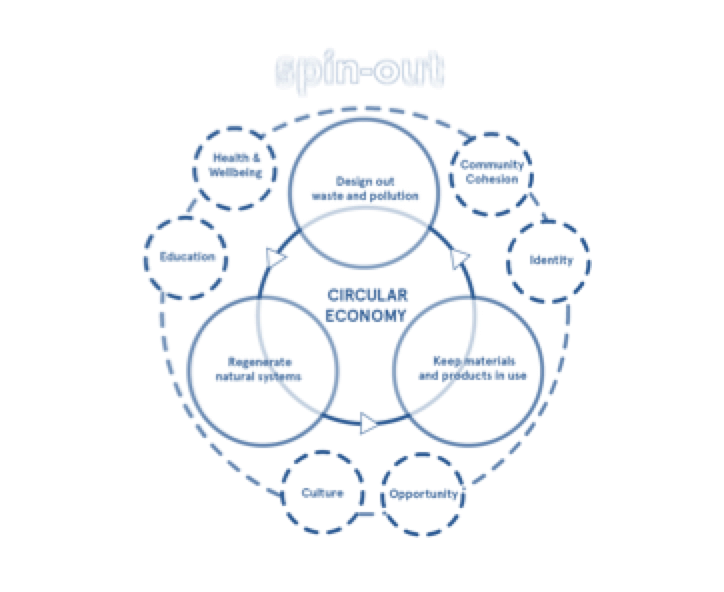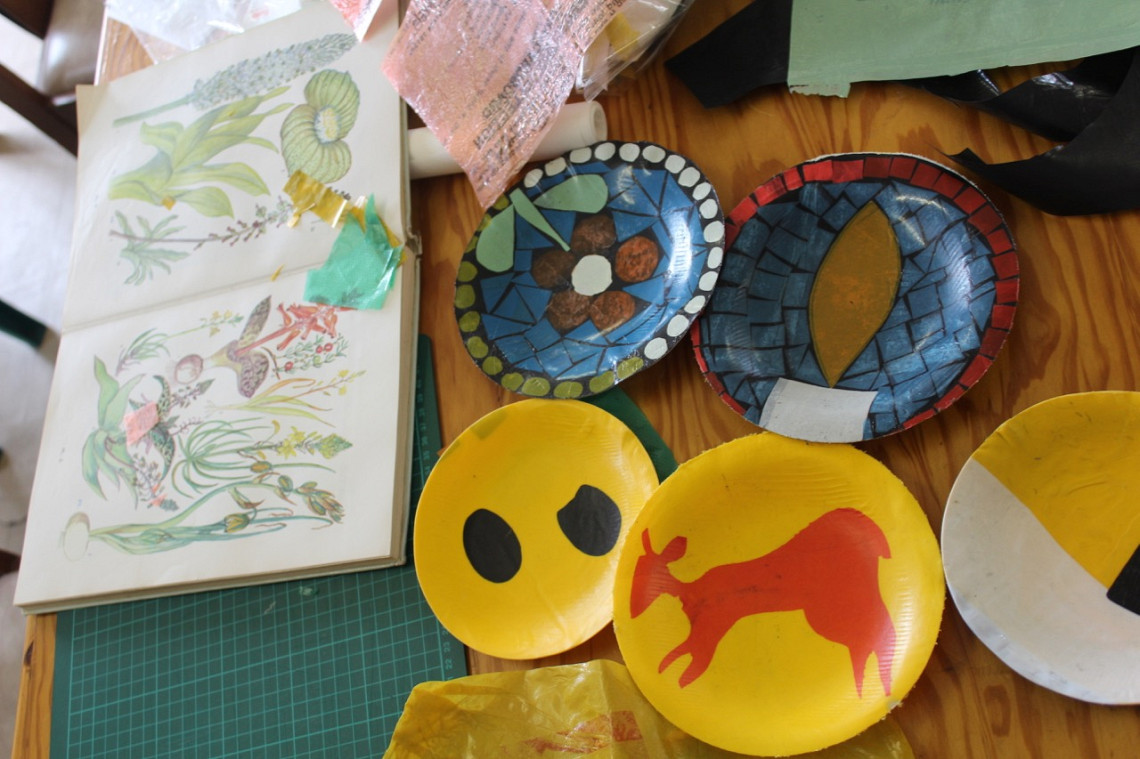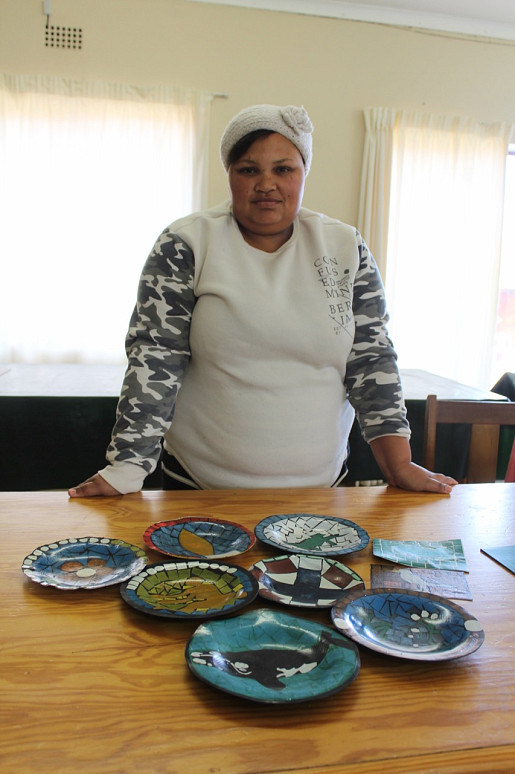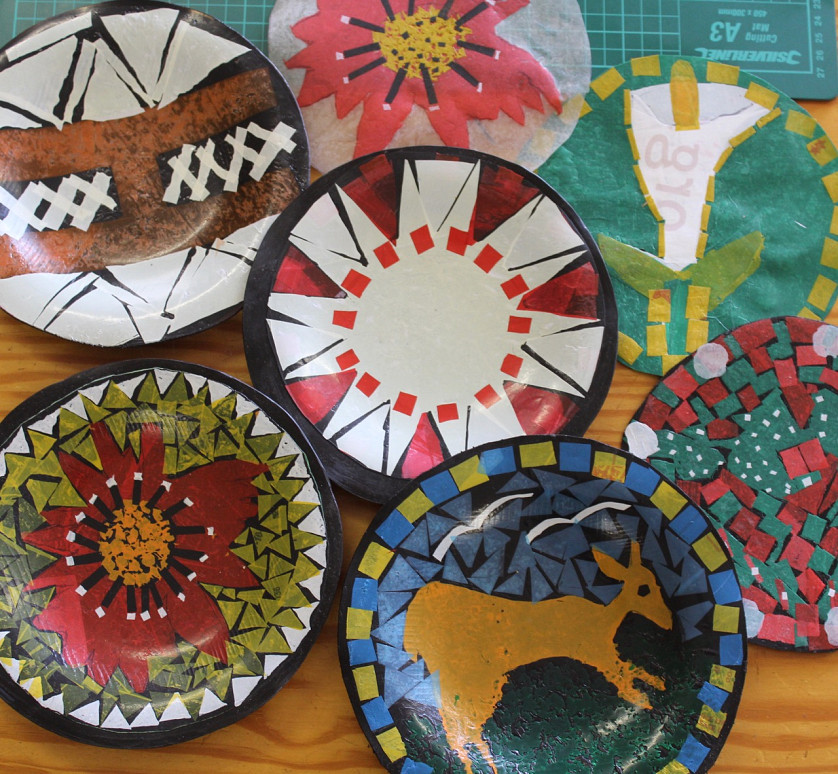Help
Community21 has selected some case study communities and projects to share across the network to inspire and inform others. Should we be featuring yours? If so get in touch.
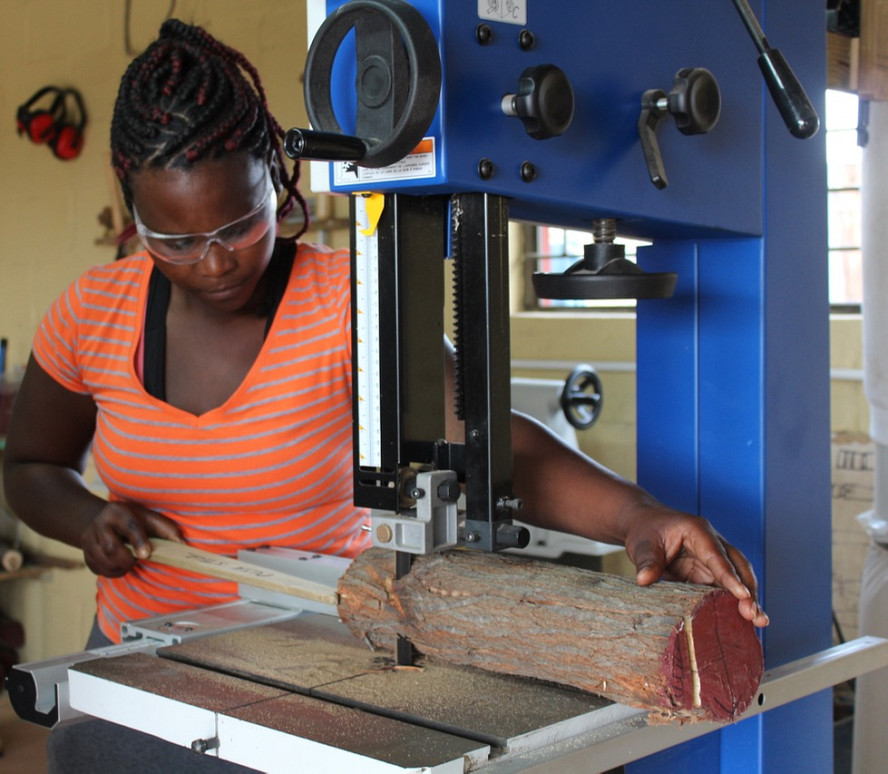
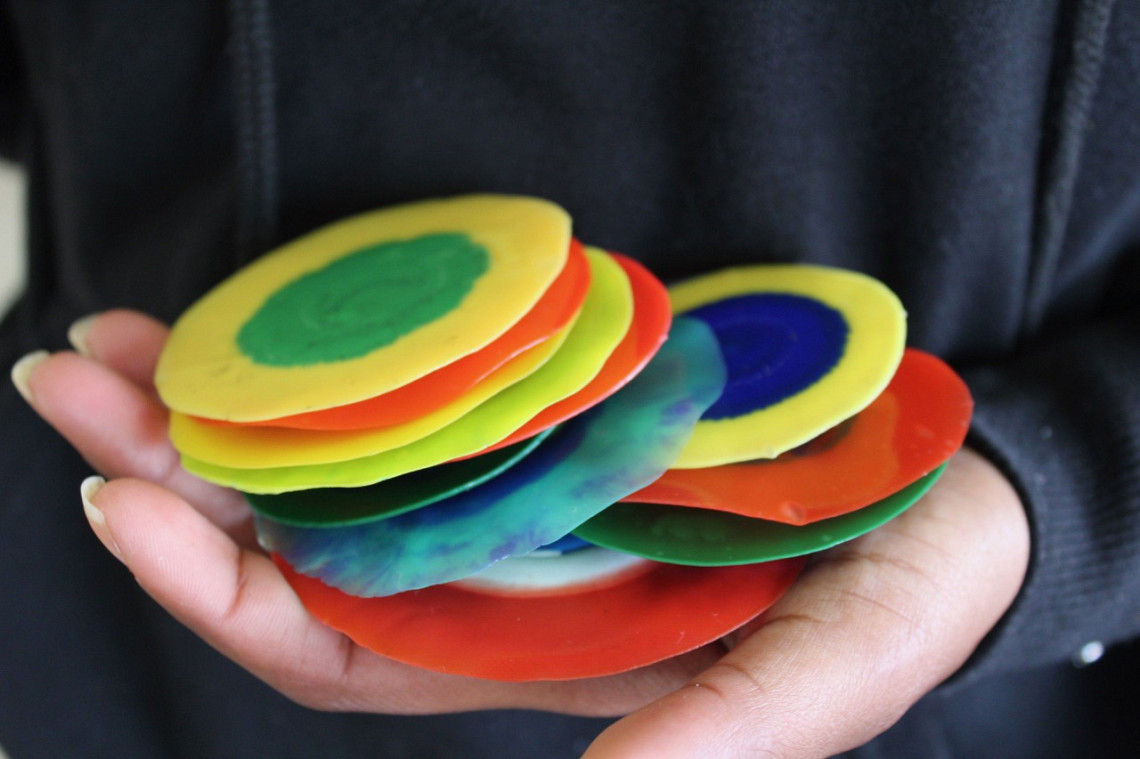
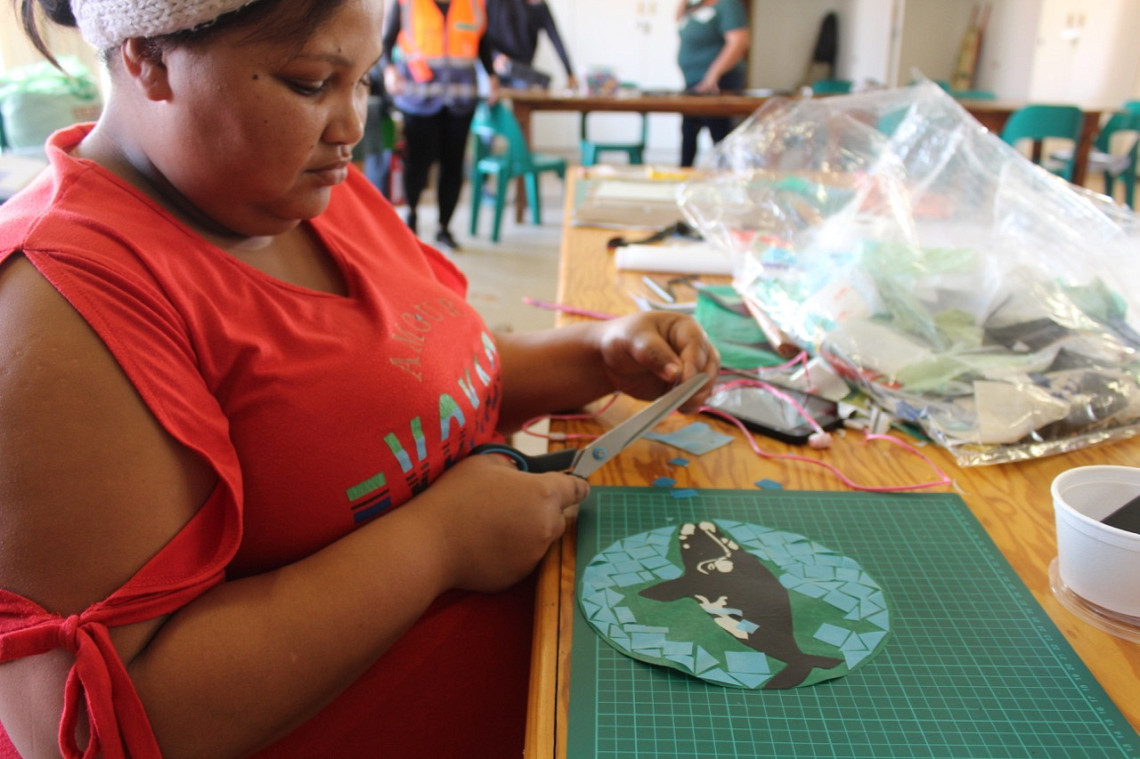
Following on from our initial research project exploring the transformative potential of co-working with waste, The British Council DICE Fund has supported a second developmental phase.
The Waste, It's Mine It's Yours project in collaboration with The DreamCatcher Foundation sees the development of 40 new enterprises exploiting the processes we initially co-developed remotely between staff and students and community participants in South Africa.
The project explores the co-production of both new products and knowledge facilitated by waste and more 'circular' creative thinking.
The project was funded by The Dreamcatcher Foundation (SA)and this subsequent phase by a grant from The British Council, DICE programme.
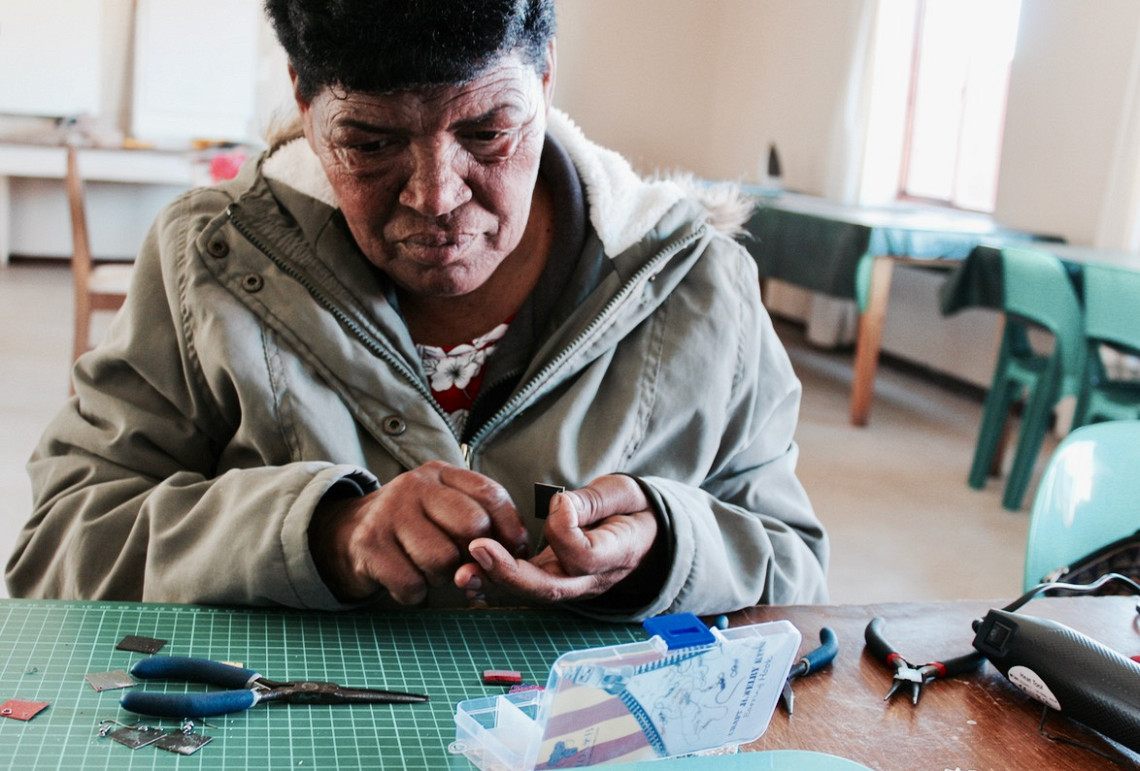
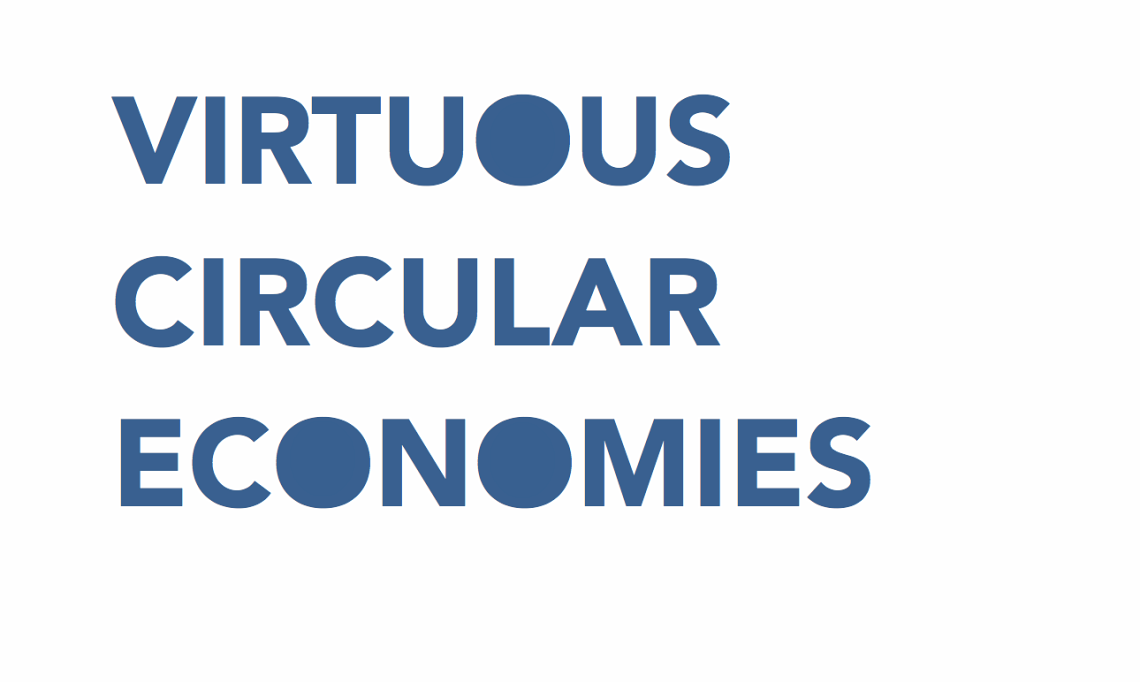
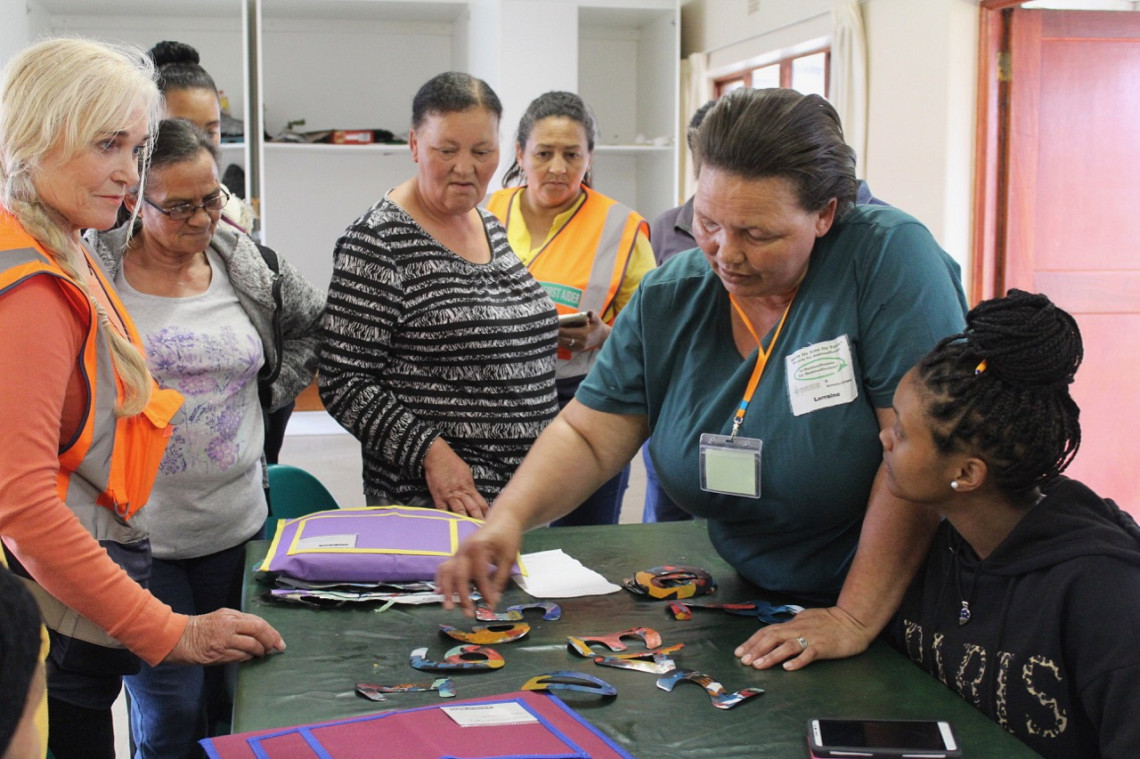
The term 'valorisation' is often associated with the recycling and reuse of what would be waste materials.
When shifting from problematic linear models of consumption to more 'circular' methods in collaborative contexts we move beyond the transformation of materials in a technical, (re)commodification of materials and reveal a range of emerging social and cultural benefits.
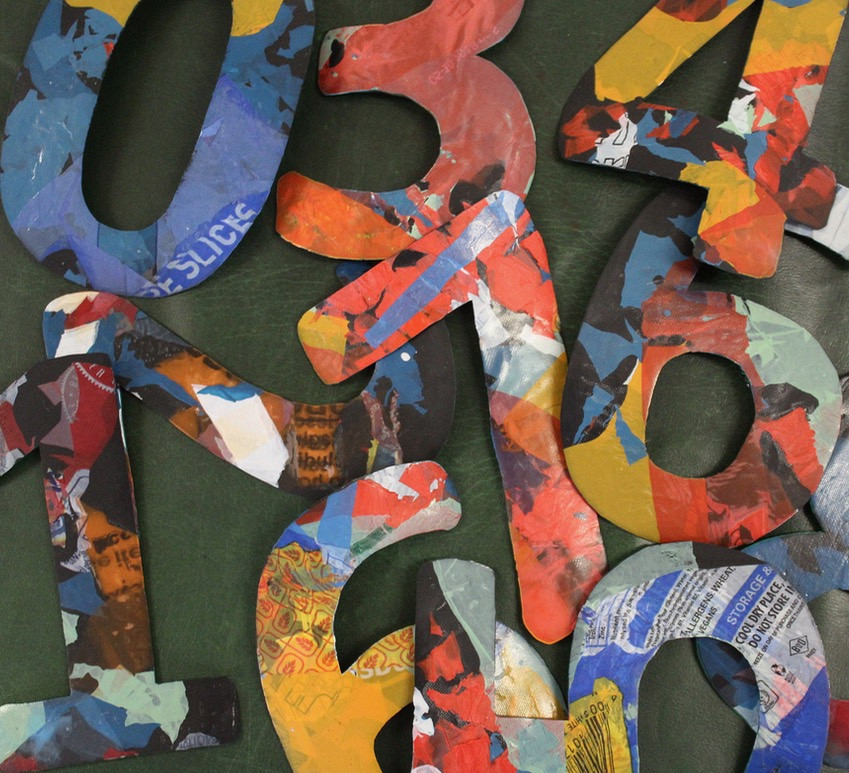
Part of our research is trying to ascertain how to literally make design an inclusive process. Moreover whilst exploring how to ensure access we grapple with maintaining notions of creative quality regardless of experience.
Through collaboration we can consciously develop codes of practice and methods to ensure that work at all levels of skill and experience is coherent and compelling. If we 'make well' we can 'feel well' in ourselves and vice-versa - so co-developing our methods to engage, encourage and enable aspiration and achievement through co-defined 'gateway' processes is a fundamental concern of our interests and insights.
We have identified really simple ways to mould with plastics that make it easy to produce material qualities that feel contemporary in their evident 'recycled' aesthetic - but in a way that is consistent in its quality.
Maintenance of the quality of outcomes whilst enabling individual expression and experimentation helps to ensure the 'value' of the work in terms of both marketability, but also in its capacity to sustain the aspirations and achievements of the participants.
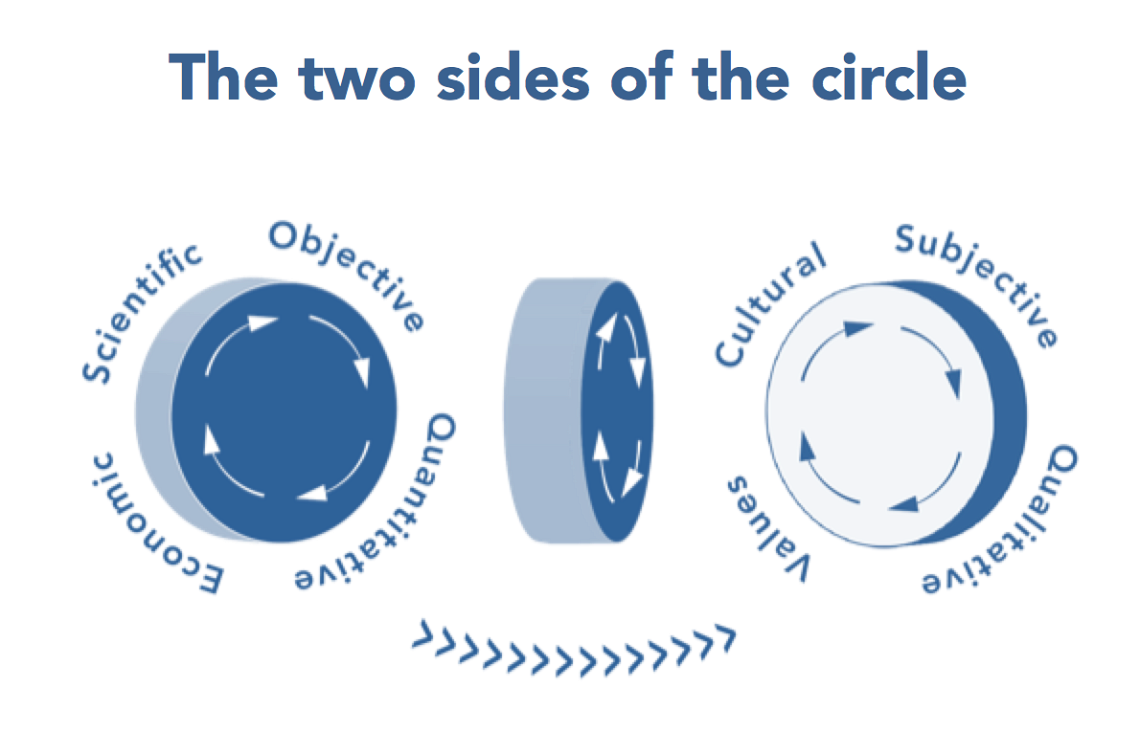
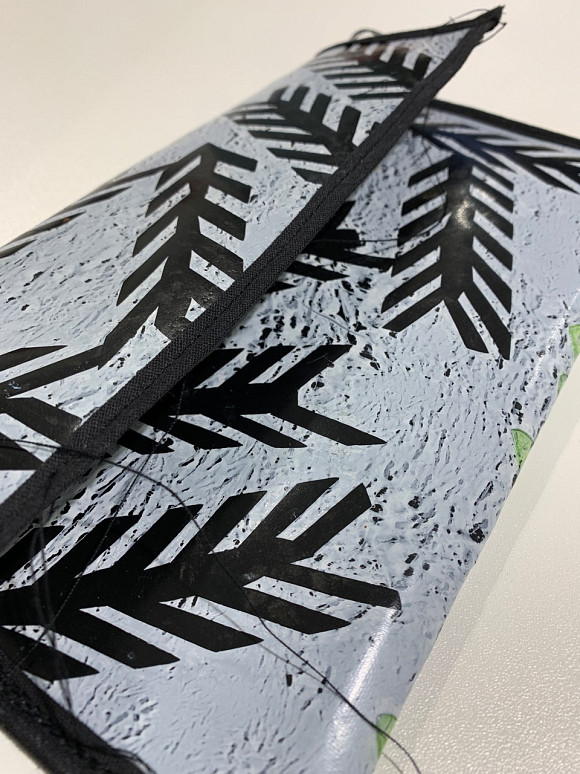
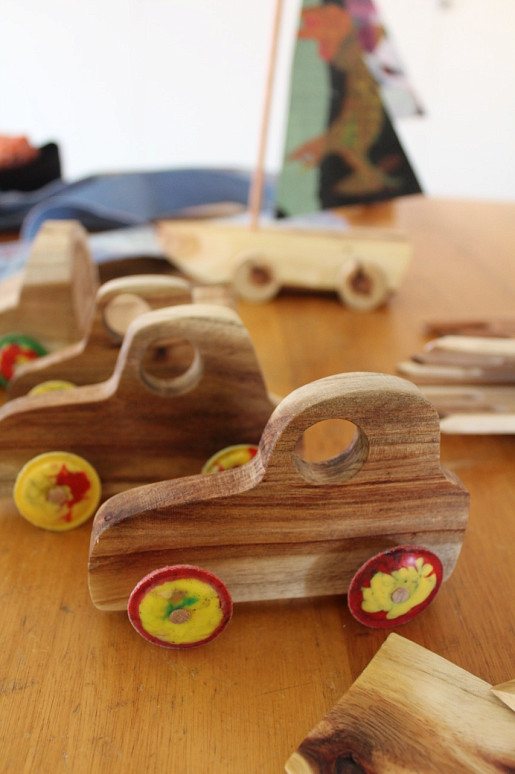
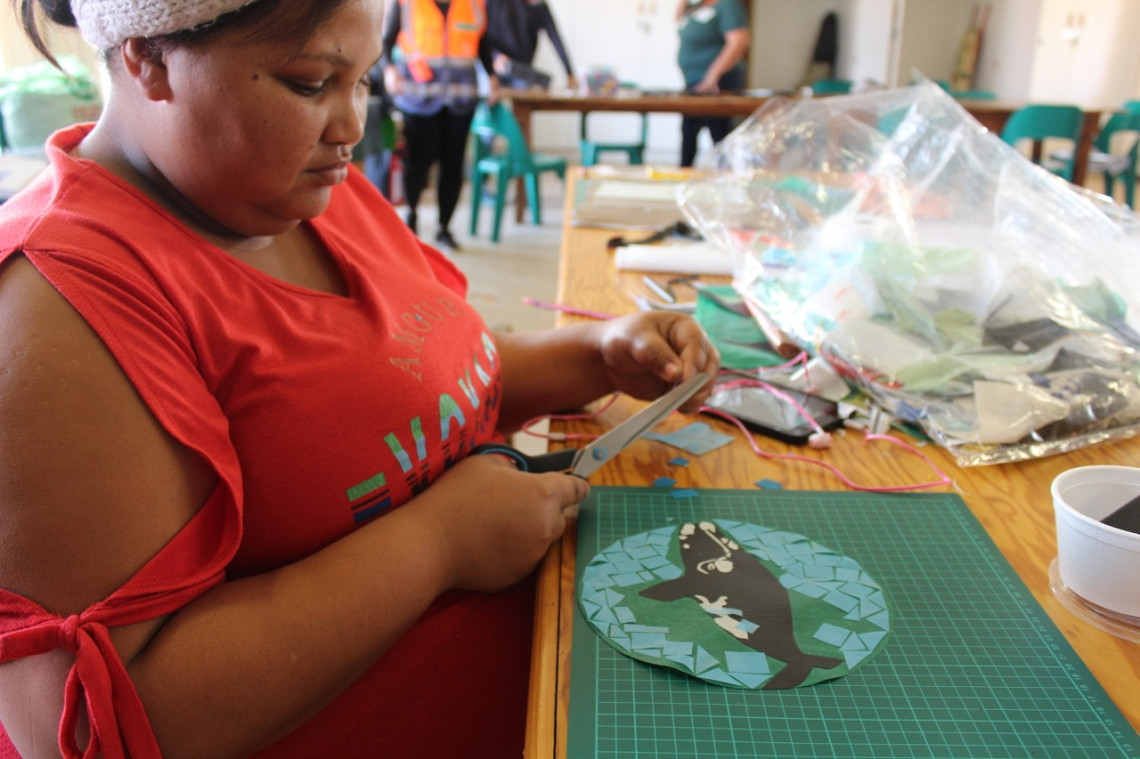
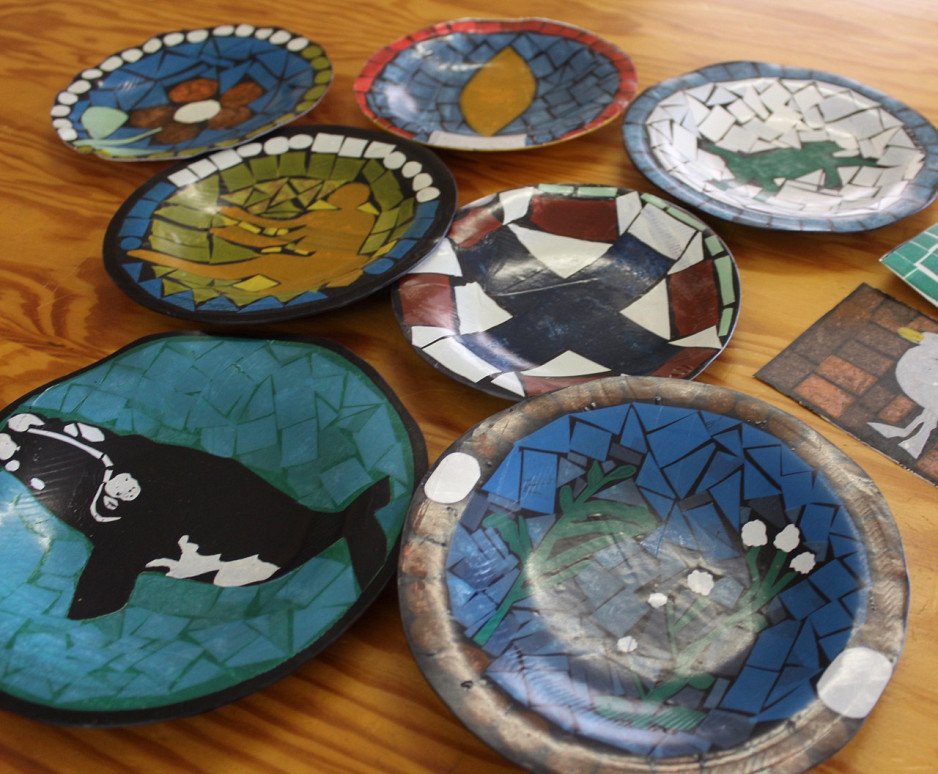
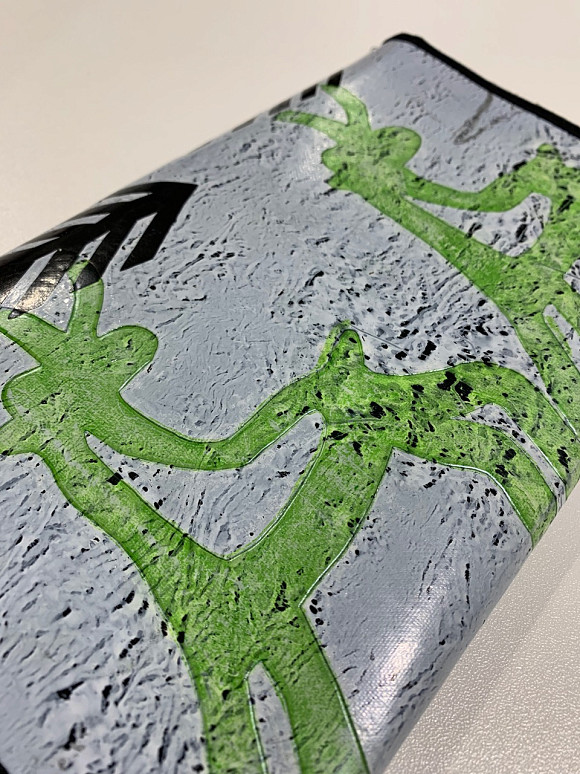
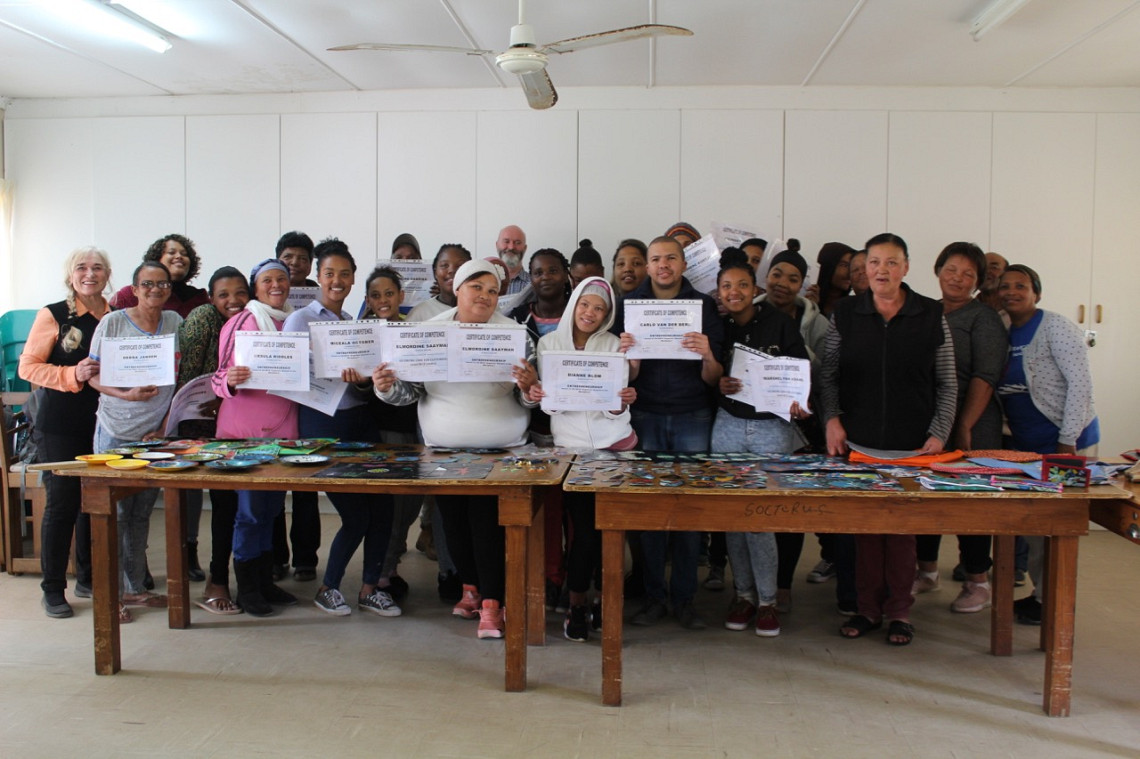
The Dreamcatcher Foundation has supported the accreditation and assigning and acknowledging achievements through the programme. Each enterprise has evolved an independent approach to exploiting waste through a communal learning environment. The 'wiki-waste-workshop' ethos has supported the collaborative formation of different ways to (re)make from waste with the support of technical expertise from the University and the revealing of local knowledge and latent skills.
